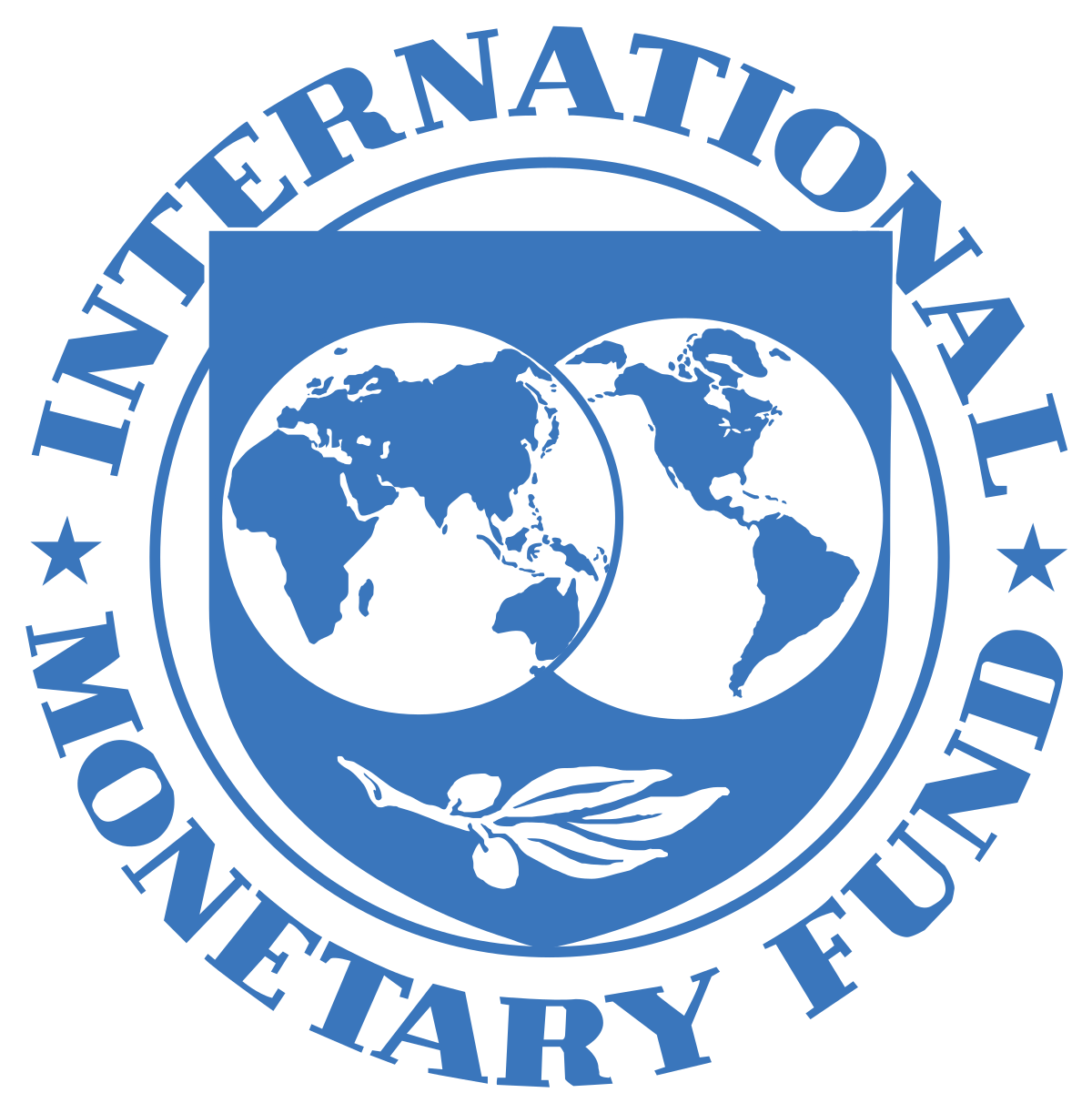
Pakistan’s public debt — both domestic and foreign — now stands at PKR 67.5 trillion. The high degree of indebtedness has made Pakistan vulnerable to the slightest of economic shocks and will slow down economic growth and fuel inflation and unemployment.
According to State Bank data public debt is almost three quarters of the nation’s economic output and just above 83 per cent of the total national debt of nearly Rs81 trillion. The present public debt stock compares with its previous levels of Rs 32.70 trillion in 2019 and Rs 39.87 trillion in 2021.
The major burden of debt payments comes from domestic debt of Rs 43.43 trillion. “Domestic debt is almost two-thirds of the total public debt and accounts for nearly 85pc of the interest burden owing to the high interest rate environment in the country. The government’s reliance on domestic banks to fund its fiscal deficit has increased manifold due to drying foreign official and private flows.”
According to Ayesha Ghaus-Pasha, former minister of state for finance “We are in a debt trap. Our debt is already 80pc of the GDP, compelling the government to accumulate more debt to pay back the existing loans. This is not sustainable; it is burdening public finances way too much. We are getting deeper into the trap.”
Pakistan also needs to negotiate its 24th bailout from the IMF “to shore up its international reserves, improve its balance of payments position, and unlock other bilateral and multilateral funding. In its second and final SBA review, the IMF projects the debt-to-GDP ratio to decrease markedly, driven by fiscal consolidation and ex-post negative real interest rates, at the end of the outgoing fiscal year.” However, this “consolidation” has resulted in “an enormous human cost and yet there is no light at the end of the tunnel.”
Economists warn the government “must undertake deep structural reforms, effectively control expenditure, mobilise tax resources, encourage private investment, and, last but not the least, avoid temptation to improve the economy at a fast pace.”
![]()





